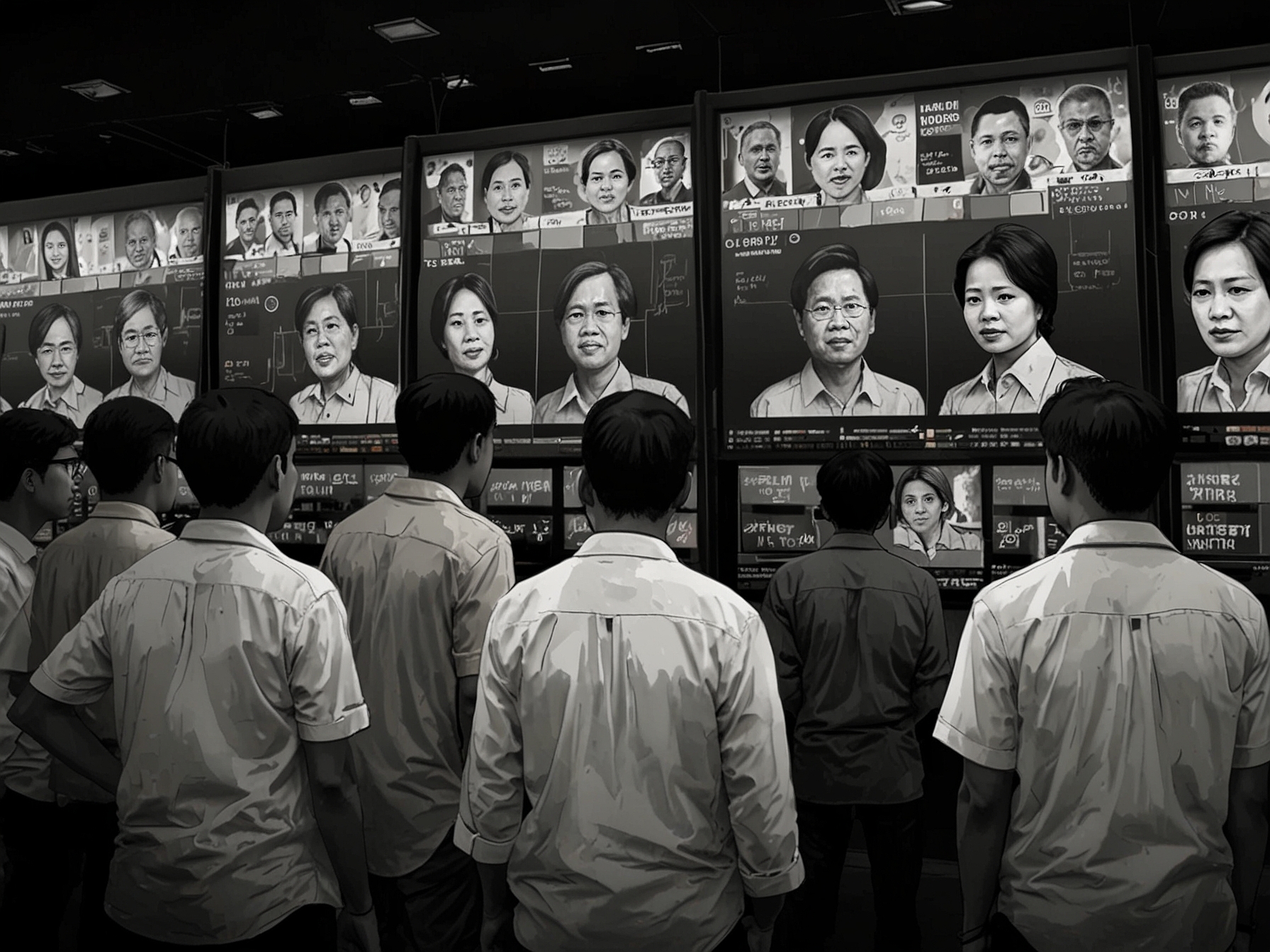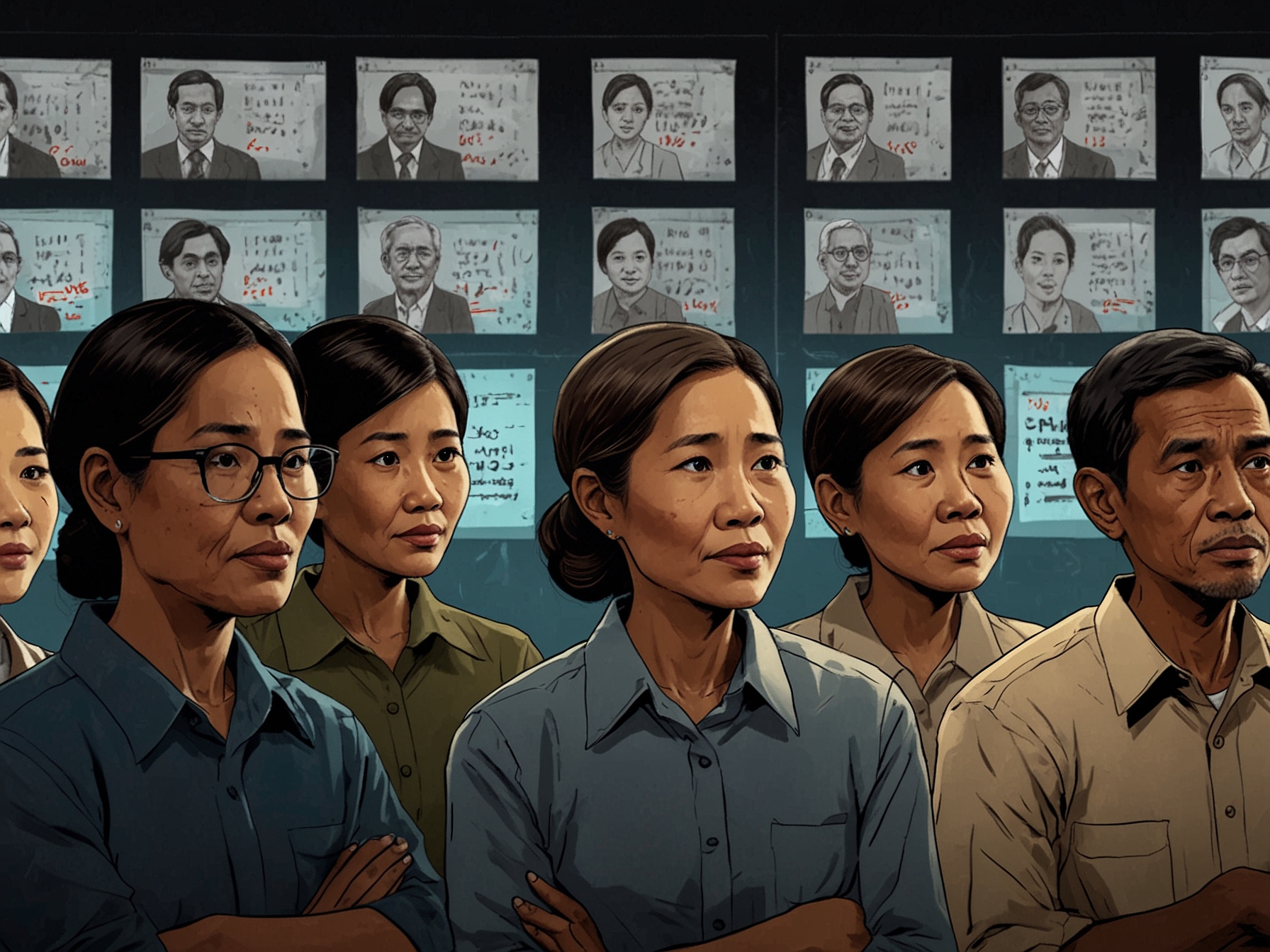As Indonesia stares down the barrel of its election results, one question looms large: can we wait? The anticipation is palpable. Mohammad Toha, a member of Commission II of the Indonesian House of Representatives, has urged citizens to exercise patience while waiting. “The accuracy is high,” he insists, reminding everyone that the official results are just around the corner. But how easy is it to remain calm in the face of such tension?

In the age of instant updates and news at the tap of a finger, waiting feels almost foreign. Yet, here we are, facing a wait that stretches over days. The quick counts are out, polling agencies crunch numbers, and excitement brews. But Toha reminds us: the true results will come from the KPU, the official body tasked with counting votes. “We can monitor this directly,” he noted about their new system, Sirekap. It’s all about trust in a process that, historically, has struggled with credibility at times.
If you’ve ever stood in a long line, waiting for your turn at a concert or for a favorite meal, you might relate to this moment. It’s a mix of excitement and frustration. KPU plans to announce results by December 16. In the meantime, we sit, hold our breaths, and, yes, perhaps check Twitter again.

In a landscape where 1,557 pairs of candidates vie for attention, the stakes feel immense. This year’s elections feature 103 pairs for governor and vice governor positions alone, with other races following suit. Among these, 37 will face off as sole candidates. This is real democracy in action. Have you ever wondered what it would be like to have only one choice? Consolidated power can lead to celebrated unity or a chilling complacency.
Amid the anticipation, Toha feels proud of the election’s atmosphere. It is calm, with no major security disruptions reported. Yet, he reminds us that everyone involved must stay vigilant. The process may be steady, but keeping our collective nerves in check sweeps through our communities.

While citizens await their specified regional results, each one guards their interests with bated breath. Voter statistics reveal a staggering 203.7 million in play. That’s a lot of opinions and hopes hanging in the balance. Are we prepared for the shift these results might bring? Is our patience being tested, or is it just the nature of democracy’s delicate dance?
So, while the clocks tick closer to that December announcement, let’s reflect. Each tick is a reminder of what’s at stake. Will we learn patience in a time so ripe for impatience? What will these results mean not just today but in the echoes of Indonesian society tomorrow? Only time will tell. But for now, we wait.




